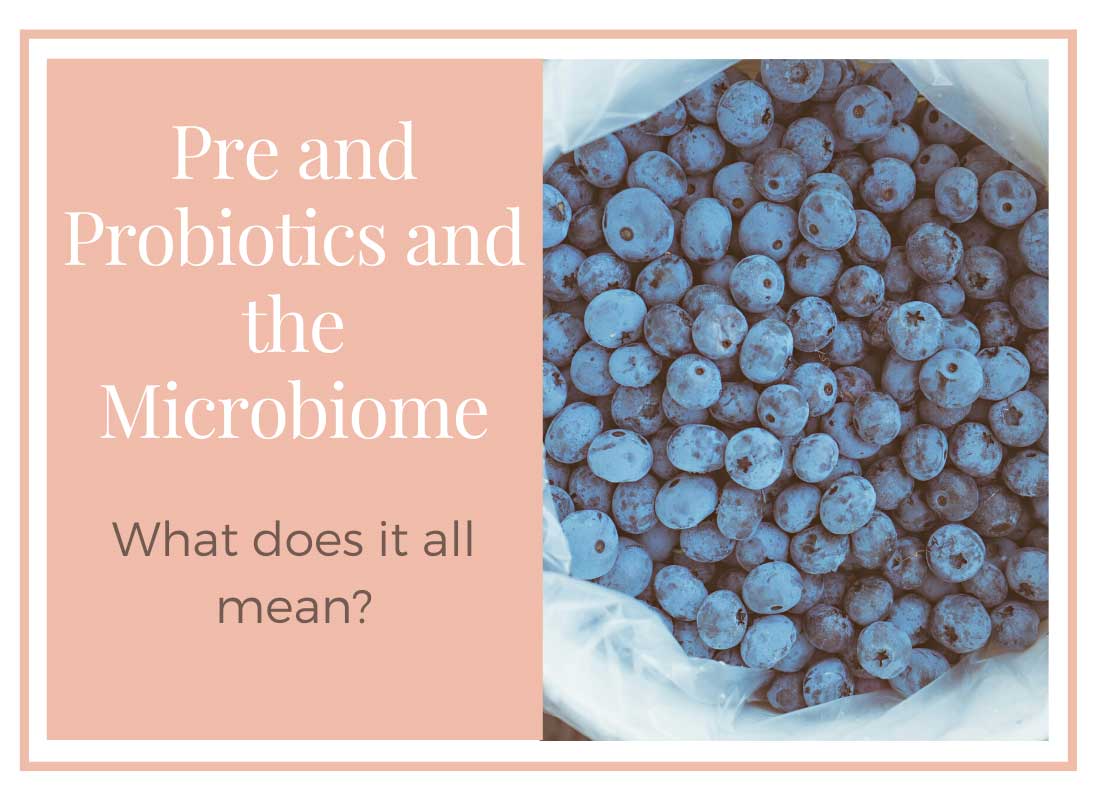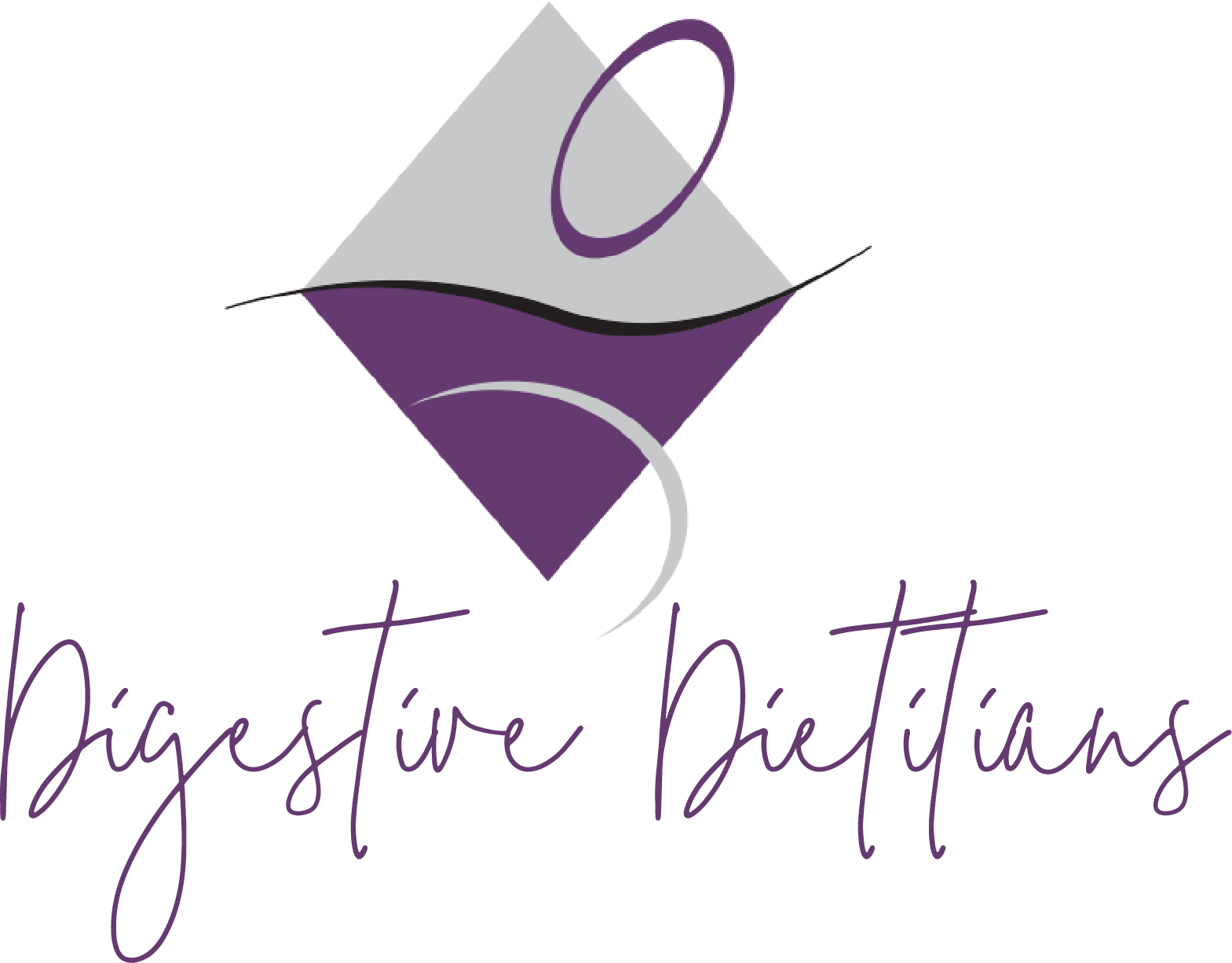
With the likes of Kombucha and other probiotic supplements popping up in every store flaunting their ‘good’ bacterial properties, there is no wondering why gut health has become a popular topic.
Unfortunately, drinking a Kombucha once in a while is not going to fix all of our health woes, however, its increasing popularity has raised awareness for one of our most important organs; the gut.
When it comes to gut health, you may have heard of the microbiome, prebiotics and probiotics, but what do all of these mean?
The microbiome
Everyone has a unique microbiome much like we have unique fingerprints. Your ‘gut microbiome’ is a collective term for the trillions of different bacteria living together in your gut. You may have heard these bacteria be referred to as ’gut bugs’. These gut bugs are involved in functions critical to your health and wellbeing. Together, they play a key role in digesting the food you eat, and they help with absorbing and synthesising nutrients. Your microbiome changes over the course of your life. It can be affected by; diet, lifestyle, illness, medications, stress and genetics.
Probiotics
WORLD HEALTH DEFINITION: live microorganisms which when administered in adequate amounts confer a health benefit on the host”; in order to be labeled a probiotic, scientific evidence for the health benefit would have to be documented.
To simplify, probiotics are live strains of bacteria that promote growth of other bacteria such as those that already exist in our gut.
Prebiotics
Prebiotics are the food for probiotics. Bacteria in the gut ferment the prebiotic foods which then stimulates the growth of more beneficial bacteria.
Diet and gut health
The dietary pattern most linked to poor gut health is a western diet consisting of highly refined, low fibre and high sugar foods (yes, we are looking at you Australia). The good news is that a shift to a healthier diet can change the bacteria mix in around two weeks. Maintaining a balanced and diverse diet is the best way to promote the growth of good bacteria in the gut. The most beneficial diet for gut health is one that consists of a wide variety of wholefoods and plant based foods such as a Mediterranean style diet as it includes; legumes, fruits, vegetables, wholegrains, olive oil, nuts, seeds, vegetables, fish, yoghurt, dairy and fermentable prebiotic foods such as onion, garlic, asparagus, sauerkraut and kefir.
What about yoghurt?
Some types of yoghurt in Australia do not contain probiotics. If you would like to choose a probiotic rich yoghurt, look at the ingredients panel for one that contains Lactobacillus acidophilus, Bifidobacterium, live cultures, acidophilis, thermophillus. Brands such as vaalia, Activia and Jalna are great choices.
Should you be taking a probiotic supplement?
Current evidence suggests that some probiotic supplements have been shown to alleviate symptoms for people who are experiencing gastrointestinal symptoms by providing condition specific strains of beneficial bacteria. For example, Bifidobacterium lactis has been shown to improve abdominal abdominal discomfort and bloating in people with IBS.
Keep in mind that research has also shown that some people taking probiotic supplements have no benefit. Thus, the effectiveness of probiotic supplements is based on the individual. The only way to know if probiotics will be beneficial for you is to try them.
If you would like advice around improving your gut health, book in to see us at the Queensland Centre for Digestive Medicine.
Written by Maddy Noon APD
